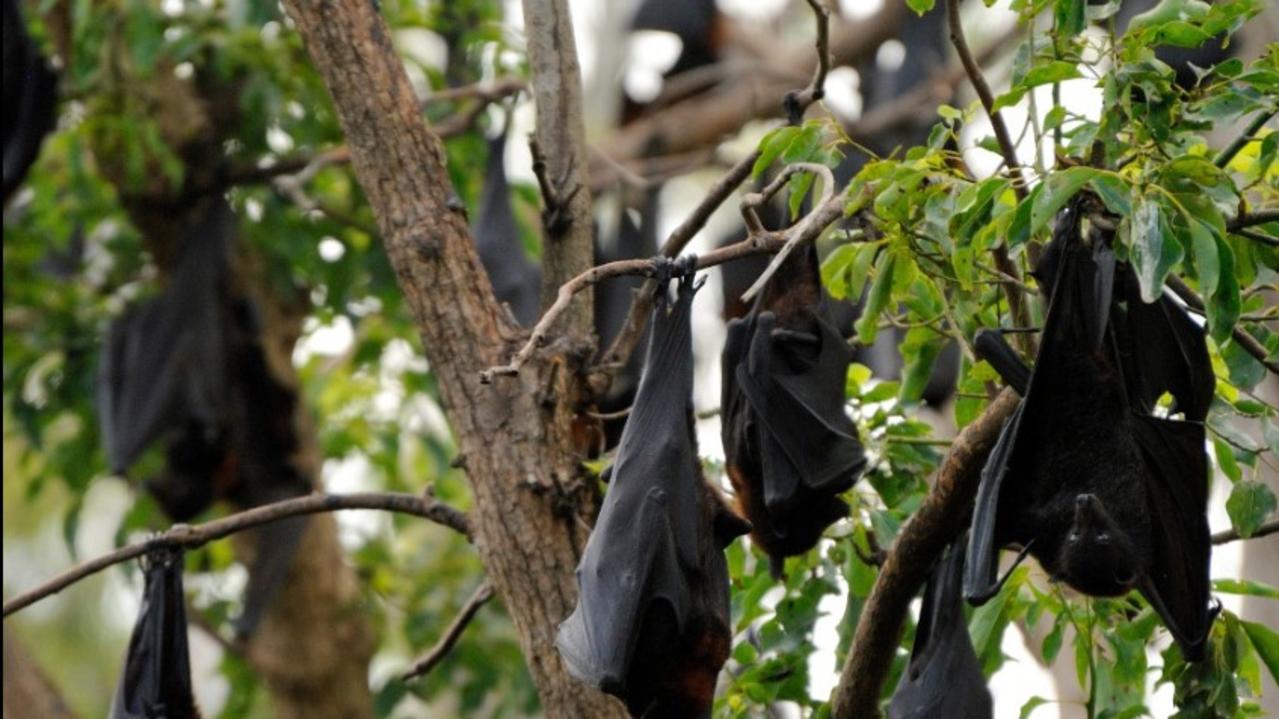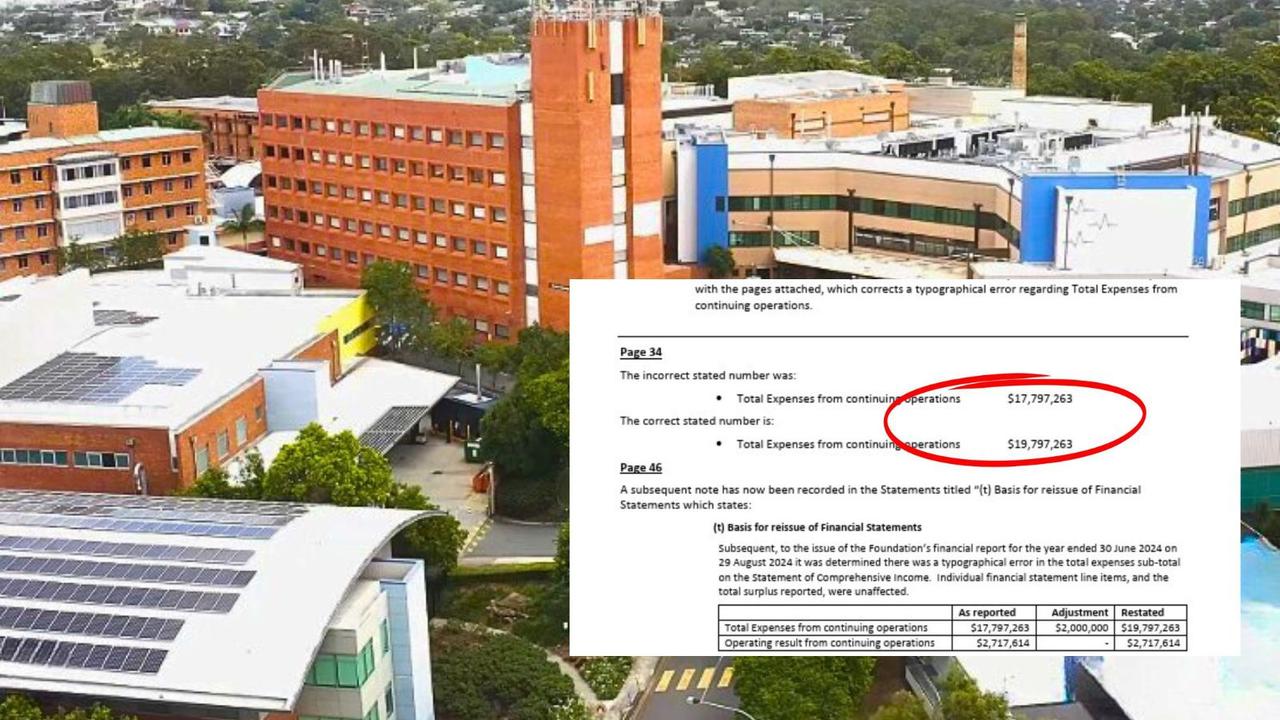Our plastics shame: 50-year-old bag found in Brisbane bayside mangroves
Scientists investigating the impact of discarded plastics on southeast Queensland wildlife have been horrified to find, among other things, a plastic shopping bag in Brisbane’s bayside mangroves that could be almost 50 years old.
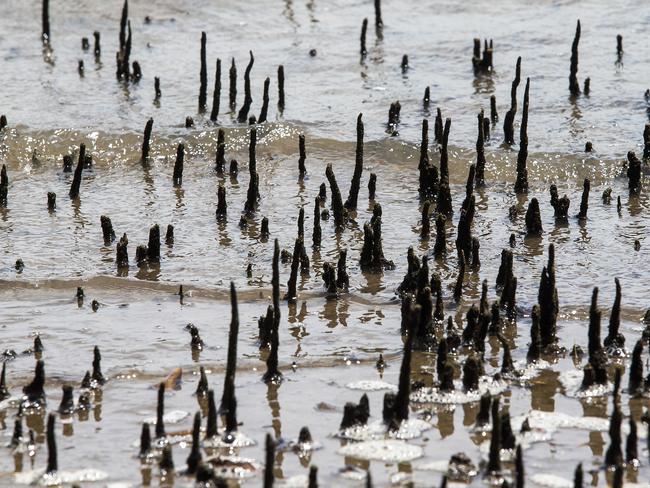
Local
Don't miss out on the headlines from Local. Followed categories will be added to My News.
SCIENTISTS investigating the impact of discarded plastics on Moreton Bay wildlife have been horrified to find a plastic shopping bag in Brisbane’s bayside mangroves that could be almost 50 years old.
The almost-intact Coles Farmland bag found at Wynnum was one of several old plastic bags and pieces of plastic collected during marine debris surveys along the coastline by a research team from the University of the Sunshine Coast.
SUBSCRIBE TO QUEST NEWSPAPERS & THE COURIER MAIL: JUST $1 A WEEK FOR FIRST 12 WEEKS
USC marine biologist Dr Kathy Townsend, who is using the survey results to measure the impact of Queensland’s new ban on single-use plastic bags, said the bag was clearly almost five decades old.
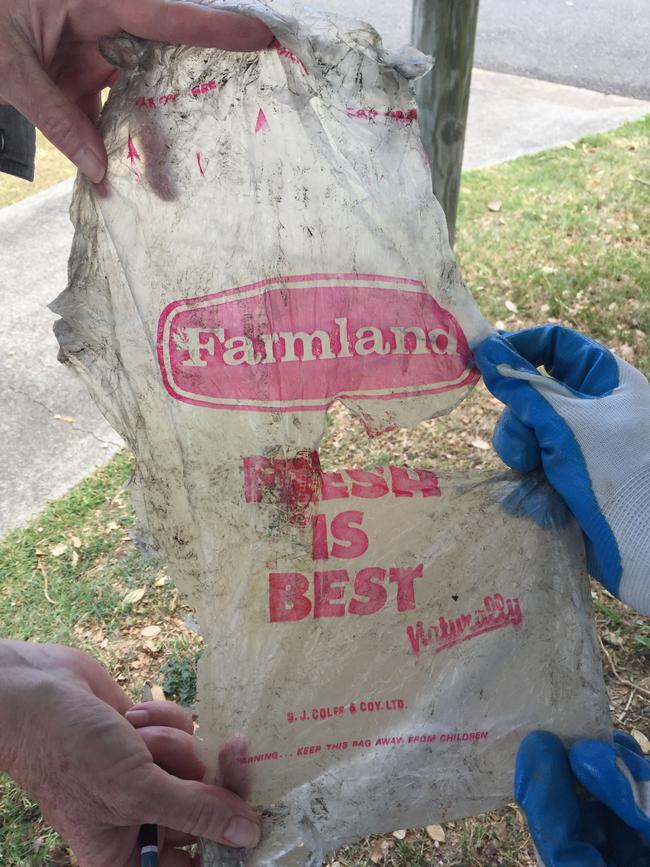
“The logos on the plastic packaging are crystal clear, allowing us to determine how long the items stay polluting our oceans and waterways,” she said.
“As we can see, plastic debris can last a very long time, increasing the ingestion risk to sea turtles and sea birds.”
The team’s investigations had found the style of Farmland logo on the bag was used between 1971 and 1979, meaning the bag could be 48 years old.
“A Woolworth’s plastic bag containing rubber gloves and a sarsaparilla can was found on the beach near Hervey Bay that we could date back to between 1976-1987 — making it at least 32 years old,” Dr Townsend said.
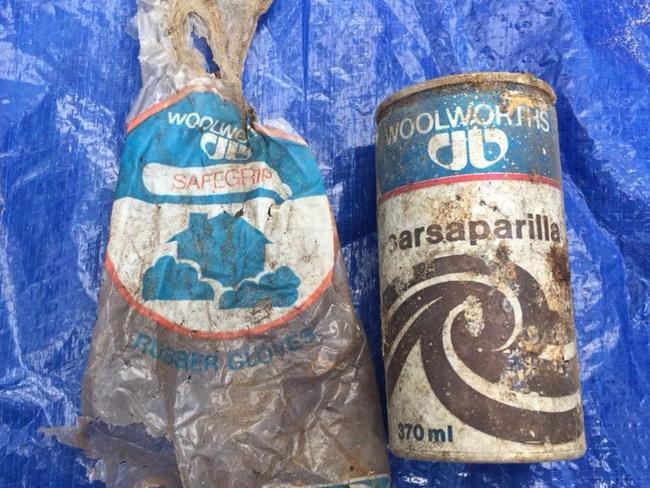
Both Woolworths and Coles have stopped providing single-use plastic shopping bags in the past 12 months because of their impact on the environment.
The research team’s discoveries came as a joint study between the University of the Sunshine Coast, CSIRO and the University of Tasmania measuring the size of plastic rubbish ingested by seabirds in Australia and New Zealand found 90 per cent fell within the “danger zone” of getting trapped in the bird’s gut.
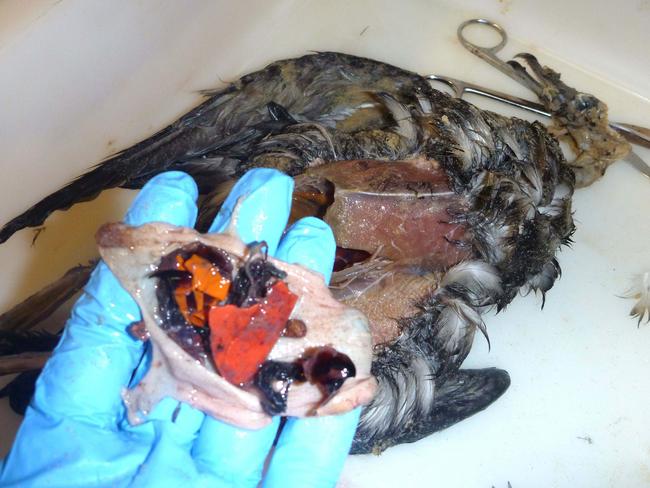
The research is one of the first to measure the dimensions of rigid plastic items ingested by various species of petrels, the world’s most threatened bird group.
“We discovered that size does matter, with 90 per cent of the plastics ingested by these sea birds falling within the range of 2-10 mm,” Dr Townsend said.
“These sizes are much smaller than we originally thought, and worryingly, fragments of plastic less than 10mm are the most abundant floating litter in the ocean,” she said of the findings, published in the latest edition of the Marine Pollution Bulletin.
“Items of this size are small enough to make it past the first part of the gut into the stomach but are too large to make their way out through the rest of the small intestine, causing blockages that can result in death.”
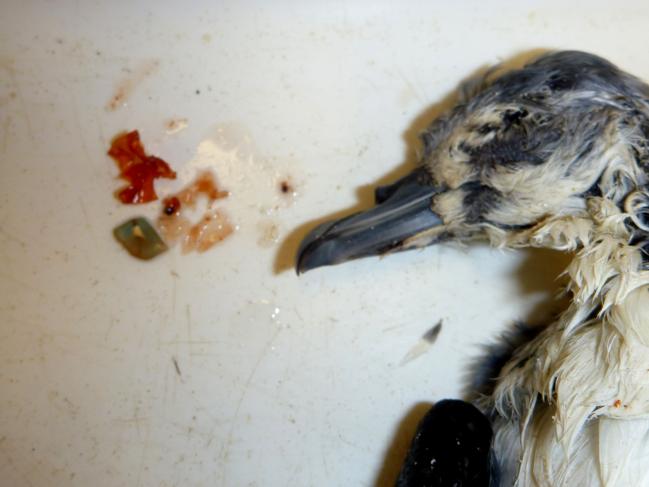
The research team measured 1694 rigid debris items from 348 carcasses of 20 species of petrels, collected from Australia and New Zealand over a five-year period from 2013.
Species includes short-tailed shearwaters, fairy prions and white-faced storm petrels.
The largest piece of plastic was over 5cm long — the size of a USB stick.
Dr Townsend said these findings and earlier studies into the impact of ocean debris on marine life highlighted the need to reduce single-use plastic production and usage, increase recycling and prevent plastic from making its way to the sea.

